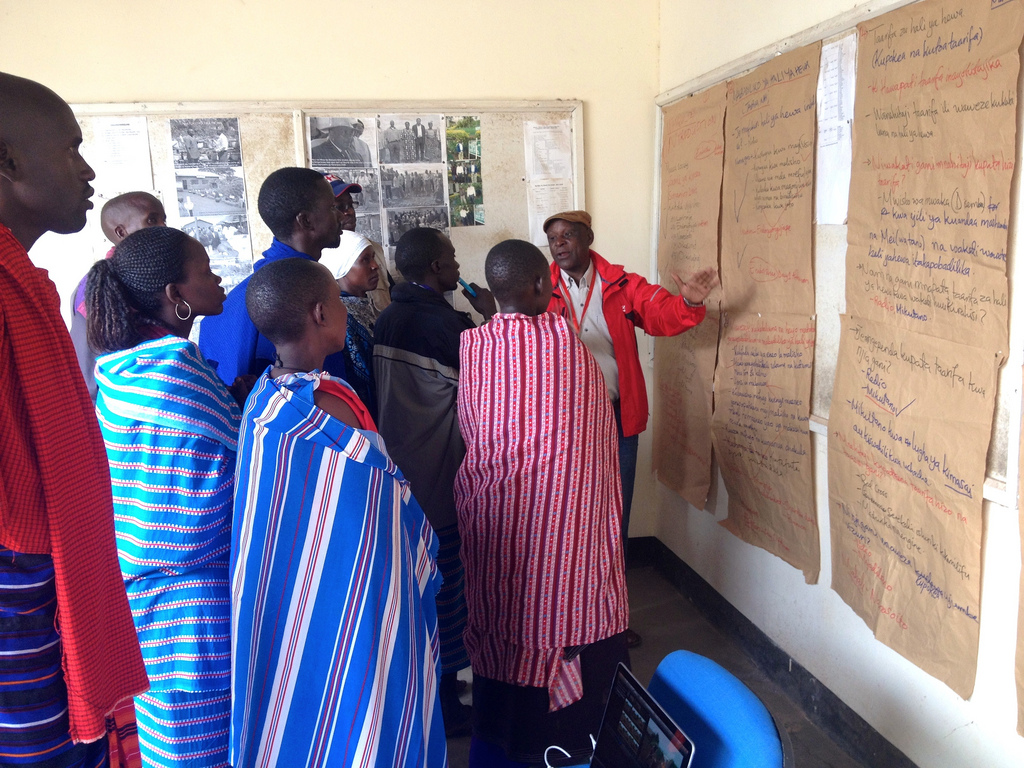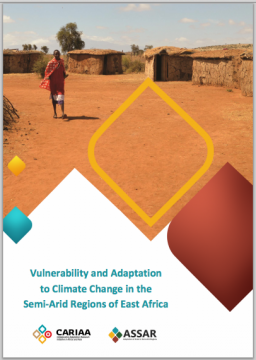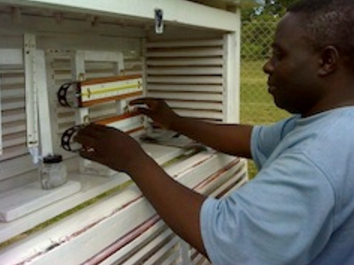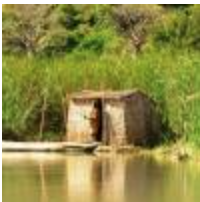Eastern Africa
Adaptation at Altitude: Solutions and Climate Action in East African Mountains
This event video recording and summary explores what communities, governments and the East African Community are doing to adapt to climate change and promote transboundary cooperation.
Climate Change & Environment Nexus Brief: The El Niño Phenomenon and Related Impacts
This brief focuses on El Niño–Southern Oscillation phenomenon and the 2015/2016 El Niño event in particular, the environmental and societal impacts and effects of which will extend well into 2017.
Sharing Learning on Climate Services in East and Southern Africa
A learning event held in February 2016, in Nairobi, shared good practices and key challenges associated with providing climate and weather information services.
Vulnerability and Adaptation to Climate Change in the Semi-Arid Regions of East Africa: ASSAR Regional Diagnostic Study
Home to hundreds of millions of people, the semi-arid regions of Africa and Asia are particularly vulnerable to climate-related impacts and risks.
Decision support tools for health, environmental change and adaptive capacity
Decision support tools for health, environmental change and adaptive capacity
Health, Environmental Change and Adaptive Capacity: mapping, examining and anticipating future risks of water-related vector-borne diseases in Eastern Africa
A healthier tomorrow for eastern Africa
The Mitigation of Climate Change in Agriculture (MICCA) global program
The Mitigation of Climate Change in Agriculture (MICCA) Programme (UN-FAO) aims to help developing countries transition to climate smart, low carbon emission agriculture.
Climate Data Capture and Management in the Lake Chilwa Basin: Status, Challenges and Opportunities
This study analysed the capacity of 20 weather observation stations in providing reliable and adequate climate data for effective climate change adaptation in the Lake Chilwa Basin, Malawi.
Lake Chilwa Basin Climate Change Adaptation Programme
The Lake Chilwa Basin Climate Change Adaptation Programme (LCBCCAP) is a five-year programme whose overall goal is to secure the livelihood of 1.5 million people in the Lake Chilwa Basin and enhance resilience of their natural resource base.
Effective use of climate science to improve adaptation in Africa
Assess climate risk
Climate risk assessments identify the likelihood of current and future climate hazards and their impacts. For an assessment to be done, up to date data on current and projected future climate related hazards and vulnerabilities is needed, which needs to be collected and maintained. These risk assessments need to be prepared in collaboration with other assessments of risks related to disasters and sustainable development. The risk assessments need to be a living document involving the relevant decision-makers, who also need to become aware of and understand the risks and how they are best addressed. Assessing risks can inform current and future investment decisions and prioritization of climate action.
Before beginning a risk assessment, the organization in charge needs to establish goals and aims of the assessment, carry out a stakeholder analysis, as well as make a review of existing resources and data. Risk assessments can be done at various levels; national, regional and local, and for different sectors and organizations. Several overviews exist of how to carry out a climate risk assessment.
Resources:
C40 Climate risk assessment methodology
Cities are encouraged to publish their Climate Change Risk Assessment. The primary public reporting platform for cities is theCDP Cities, States and Regions Open Data Portal.
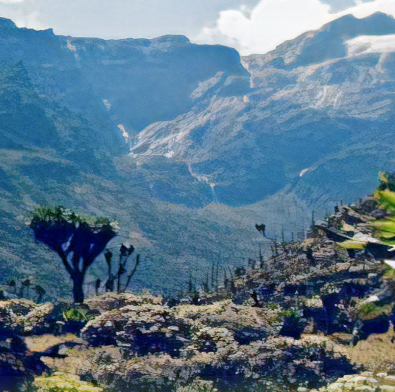
![European Commission DG ECHO - Ethiopia: EU boosts aid in response to El Niño drought [Flickr]](https://weadapt.org/wp-content/uploads/2023/05/26297782941_8ce15252d9_z.jpg)
